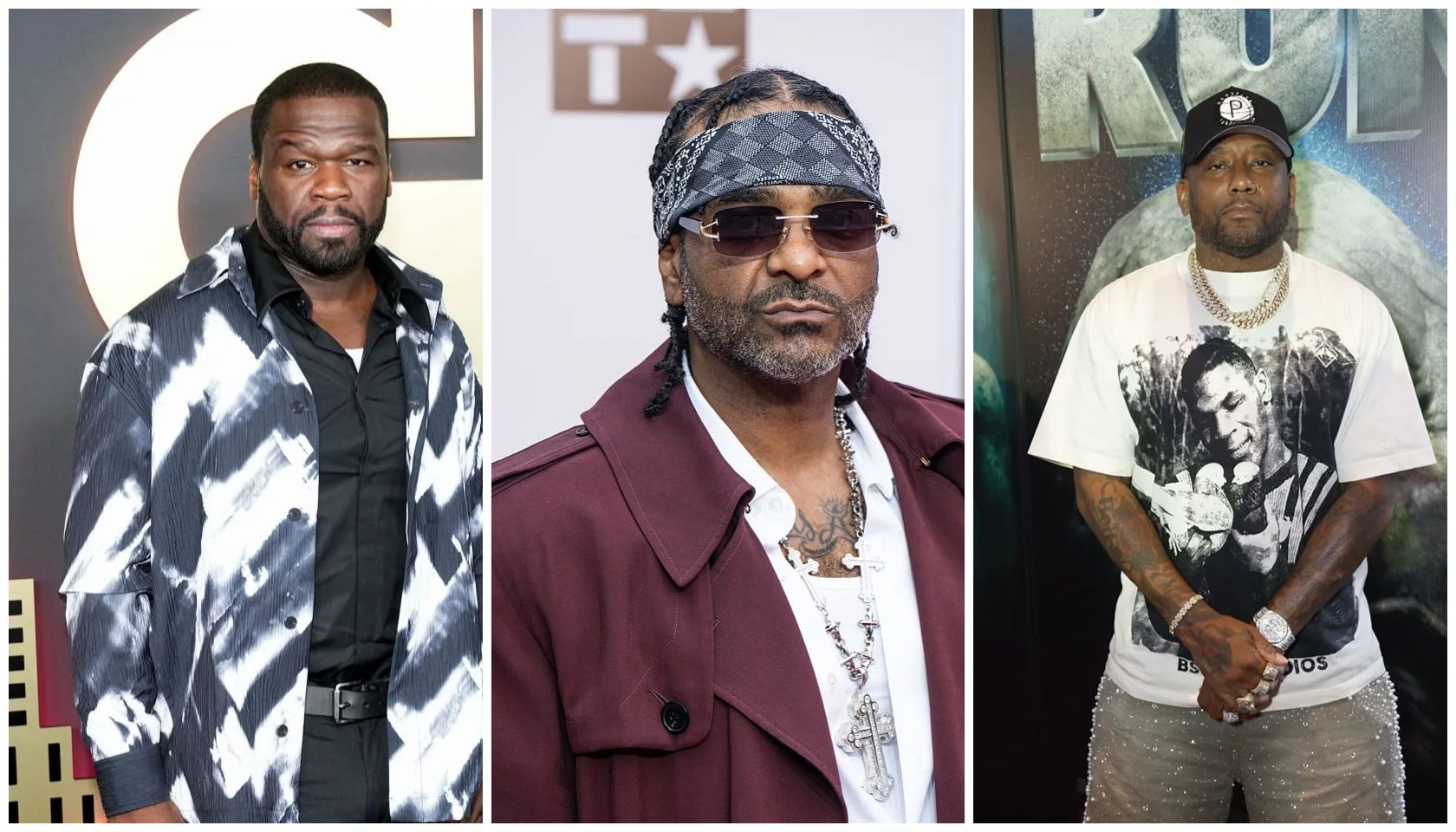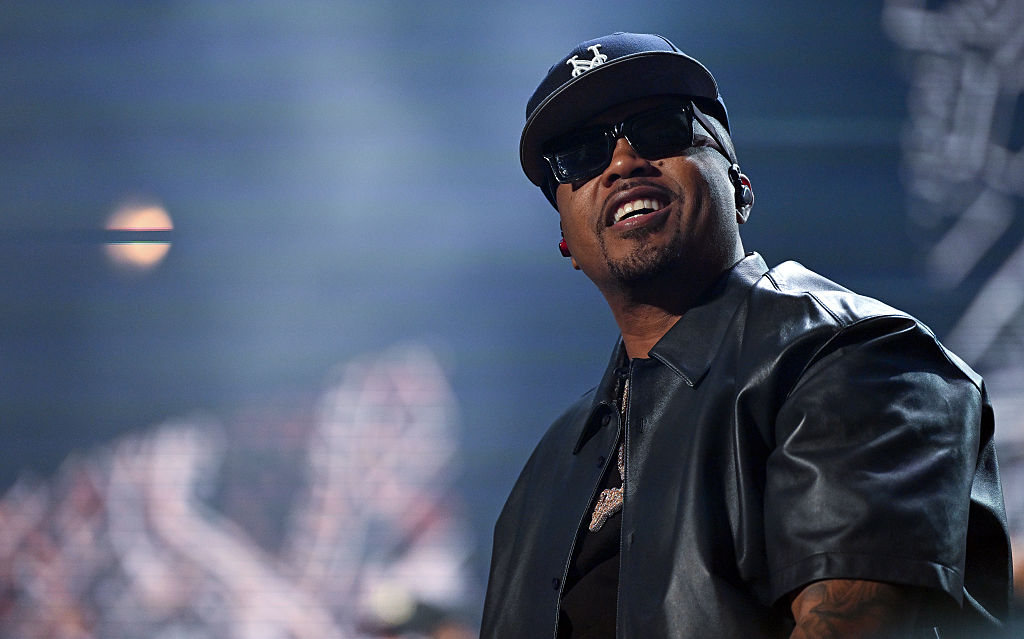Judge Slams DOJ For “Profound Missteps” In Comey Case
Judge Slams DOJ For “Profound Missteps” In James Comey Case

A federal judge overseeing the Justice Department’s case against former FBI Director James Comey called out the largest DOJ for a “disturbing pattern of profound investigative missteps” in the process of securing an indictment.
According to the Associated Press, Magistrate Judge William Fitzpatrick noted that the DOJ didn’t even provide defense lawyers with all the grand jury materials from the case.
“Those problems, wrote Judge Fitzpatrick, include ‘fundamental misstatements of the law’ by a prosecutor to the grand jury that indicted Comey in September, the use of potentially privileged communications during the investigation and unexplained irregularities in the transcript of the grand jury proceedings,” AP reports.
“The Court recognizes that the relief sought by the defense is rarely granted,” Fitzpatrick wrote. “However, the record points to a disturbing pattern of profound investigative missteps, missteps that led an FBI agent and a prosecutor to potentially undermine the integrity of the grand jury proceeding.”
Judge Fitzpatrick’s 24-page opinion is a literal smackdown to the Justice Department’s actions leading up to the Comey indictment. The opinion points to how the DOJ’s rush to indict lead to procedural missteps, which gives the appearance that the independent arm of the law is working lockstep with President Donald Trump for “reasons separate and apart from the substance of the disputed allegations against Comey,” AP notes.
The Comey case and a separate prosecution of New York Attorney General Letitia James shows that the Justice Department is being weaponized to attack Trump’s political opponents. Both Comey and James filed several motions to dismiss these cases before the trials even began, claiming that the vindictive nature of the cases and the prosecutor who filed them, Lindsey Halligan, wasn’t even appointed properly.
Halligan apparently had no prior prosecutorial experience before being appointed as the interim U.S. attorney. Critics argue that making her the sole prosecutor for such high-stakes cases raises serious questions about competence and legitimacy and who may be pulling the strings behind the scene.
A different judge is expected to decide whether Halligan’s appointment can be challenged.

















